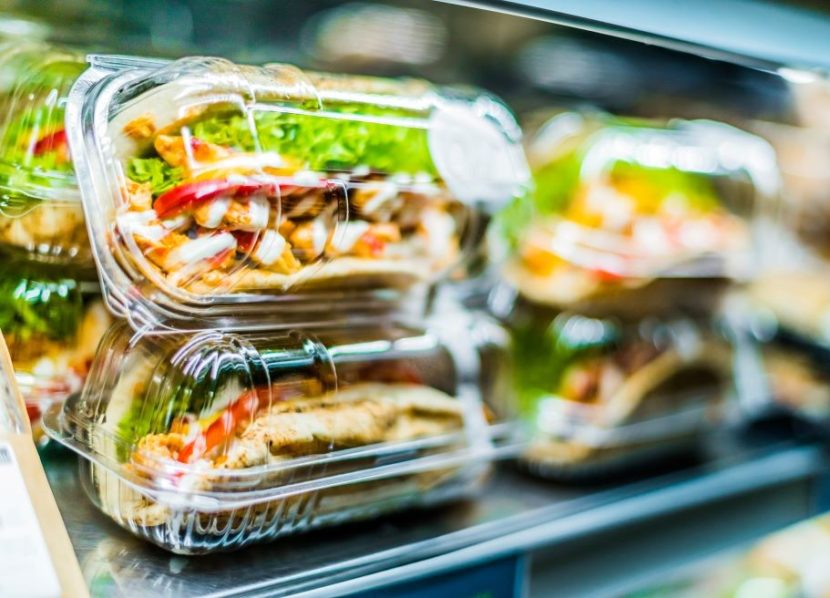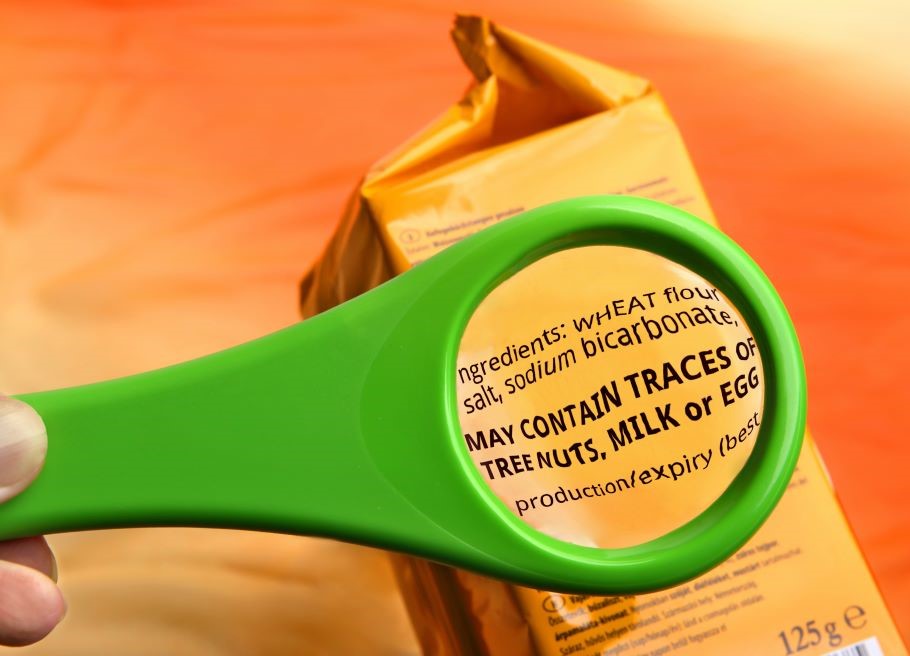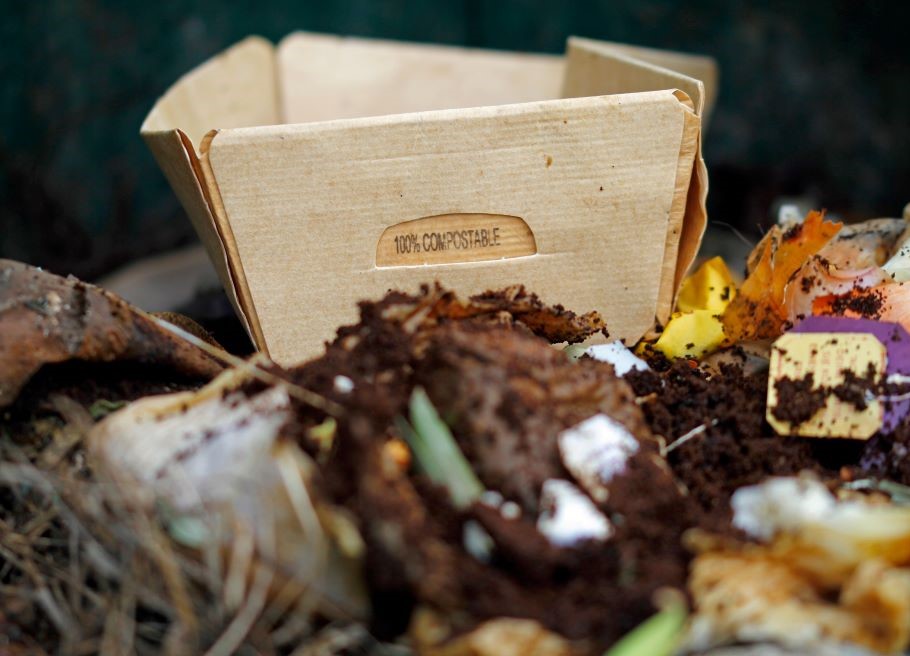Food Safety Legal Update: State Laws Targeting PFAS and Other Chemicals in Food
By Susie Hoeller
Historically, food safety concerns revolved around the contamination of food by pathogens, insects, rodents, unsanitary production practices and metal or glass objects. In recent years, food safety concerns have expanded to include preventing contamination from intentionally added chemicals or chemicals present in the environment that make their way into the food.
Regulatory Complexity
Traditionally, for the United States market, food manufacturers and producers could focus their regulatory compliance on the federal laws enforced by the Food and Drug Administration (FDA), as well as regulations and guidance documents issued by the agency. Today, food companies must be concerned about the proliferation of state laws and regulations related to chemicals and food safety. Food manufacturers and producers that only concern themselves with the FDA’s laws and regulations do so at their peril.
From a compliance viewpoint, food manufacturers, producers, and importers face a much more challenging legal and regulatory environment for the U.S. market.
What follows is a summary of two current issues involving chemicals and food safety. There are similar food safety concerns about pesticide residues, but they are beyond the scope of this article.
Per- and Polyfluoroalkyl substances (PFAS)
PFAS is a grouping of thousands of synthetic chemicals developed since the late 1930s for their grease, oil, water and heat resistance properties. Since the 1950s, PFAS has been intentionally added to a myriad of military, industrial and consumer products, including food packaging and cookware.
Long-term exposure to PFAS has been linked to several deadly cancers, impacts to liver and heart in adults. Infants and children are especially vulnerable to immune problems and developmental delays. Due to its widespread use and manufacturing processes over the decades, PFAS contamination is found in air, soil, lakes, rivers and municipal water supplies. Environmental and public health concerns about PFAS have now come to the fore.
State Bans
In 2018, Washington State became the first state to ban intentionally added PFAS in paper, paperboard and plant fiber-based food packaging. As of September 2024, approximately 13 states and 24 retailers have taken similar action for various types of food packaging. Some PFAS bans have also included cookware and other categories, such as textiles, menstrual products and children’s products. Some state law bans provide future implementation dates.
FDA Action for Grease Proofing Materials
On February 28, 2024, the FDA announced that grease-proofing materials containing PFAS are no longer being sold for use in food packaging in the U.S. The FDA’s press release stated that major sources of dietary exposure to PFAS from food packaging like fast-food wrappers, microwave popcorn bags, take-out paperboard containers and pet food bags are being eliminated due to a voluntary commitment by manufacturers to no longer sell food contact substances containing certain PFAS.
Since the announcement, the FDA has been conducting market surveillance and testing to determine whether the voluntary agreement with manufacturers is being adhered to.
It is noteworthy that this FDA action, although very positive, does not prevent other PFAS contamination possibilities in food itself, whether caused by PFAS intentionally added for other reasons besides grease proofing or by environmental exposure, since PFAS is commonly found in the environment, especially in water supplies. Further, the FDA had long authorized certain PFAS substances for limited use in cookware, other food packaging and food processing equipment because the agency had determined that these limited uses do not expose consumers to harm.
The state PFAS bans are often all-encompassing and may not distinguish between various types of PFAS, which can differ in their physical, chemical and toxicological properties and their exposure routes.
Misbranding Risks
In recent years, plaintiff attorneys have filed hundreds of lawsuits accusing food companies of misbranding with allegations that foods are not “natural” or “organic as claimed or that the targeted foods contain additional ingredients not listed on the label. Now that PFAS bans are rapidly increasing with the FDA, state law and retailer actions noted above; rest assured that plaintiffs will be testing foods. If they find PFAS, lawsuits will follow, alleging that the foods are misbranded because their labeling does not disclose the presence of PFAS.
California Food Safety Act
With the passage of Proposition 65 in 1986, California took unprecedented action to protect California residents from cancer and reproductive harm caused by exposure to over 900 listed chemicals in drinking water, consumer products, foods, workplaces and otherwise. However, Proposition 65 did not ban chemicals; instead it requires product warning labels.
On October 7, 2023, the California Food Safety Act was signed into law. It prohibits the use of four food additives that had been previously approved by the FDA. The additives are brominated vegetable oil, potassium bromate, propylparaben and red dye 3. These additives were also banned in Canada, the U.K., Australia, China and Japan.
On July 4, 2024, the FDA revoked its authorization for brominated vegetable oil after earlier (in March) announcing that it would step up its assessment of the other three additives and approved PFAS as well as some additional chemicals of concern. A request for increased funding from Congress to increase its chemical safety work will also come.
But even without final FDA action on the other three additives, since California has over 39 million residents, food companies with national distribution will be changing their formulations for the entire country. Another challenge companies face going forward is that other states are following California’s lead and enacting new laws related to this concern about chemicals in food. For example, bills have now been introduced in six states seeking to ban more additives.
When it comes to health concerns about chemicals impacting food safety, the FDA has been overtaken in many ways by various state legislatures and even retailers. This is not intended as a criticism of the FDA. It is simply a statement of the situation. The result is that from a compliance viewpoint, food manufacturers, producers and importers face a much more challenging legal and regulatory environment for the U.S. market.
About the Author:
Susie Hoeller is an international business and regulatory attorney based in Tampa, Florida. She represents privately held food, pet food, food safety, and packaging companies. Previously, she served as the lead food safety attorney for a global retailer and as a senior attorney for a Fortune 100 electronics company. Hoeller is licensed in five states and is widely published. She graduated from Vanderbilt Law School and Colby College and has been recognized by the National Law Journal for her pro bono work. She is also a member of GFSR’s Editorial Advisory Board.

-
 FeaturedRisk management
The Cost of a Breach: What a Cyberattack Could Mean for Food Safety Recalls
FeaturedRisk management
The Cost of a Breach: What a Cyberattack Could Mean for Food Safety Recalls
-
 FeaturedRisk management
Securing the Food Chain: How ISO/IEC 27001 Strengthens Cybersecurity
FeaturedRisk management
Securing the Food Chain: How ISO/IEC 27001 Strengthens Cybersecurity
-
 FeaturedRisk management
Revolutionizing Food Safety Training: Breaking Out of the “Check-the-Box” Mentality
FeaturedRisk management
Revolutionizing Food Safety Training: Breaking Out of the “Check-the-Box” Mentality
-
 GFSI Standards
GFSI 2025: Building Trust, Tech-Forward Solutions, and Global Unity in Food Safety
GFSI Standards
GFSI 2025: Building Trust, Tech-Forward Solutions, and Global Unity in Food Safety
-
 FeaturedFood Safety
Integrated Pest Management: Strategies to Protect Your Brand’s Reputation
FeaturedFood Safety
Integrated Pest Management: Strategies to Protect Your Brand’s Reputation
-
 FeaturedFood Safety Culture & Training
No Open Door Policy: Challenges That Impact Pest Control in Food Processing Plants
FeaturedFood Safety Culture & Training
No Open Door Policy: Challenges That Impact Pest Control in Food Processing Plants




